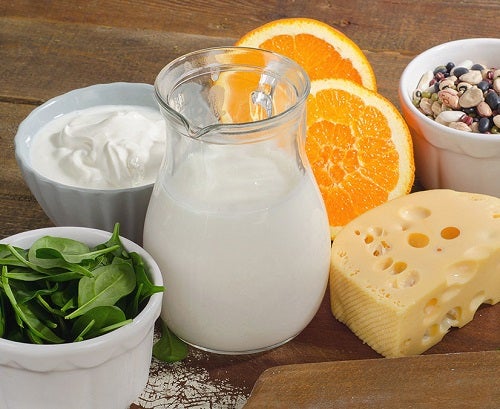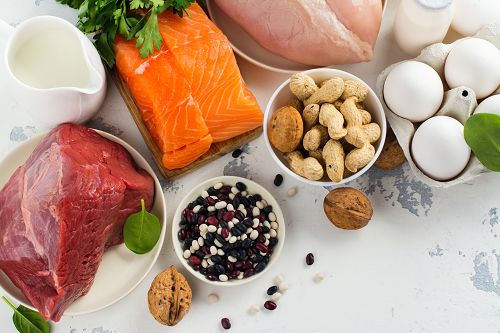|
Your nutrition is the fuel that helps keep your body moving at its best, giving you the ability to breathe, move, and think properly. A balanced diet provides the essential nutrition to help you get the right balance of vitamins, minerals, fiber, protein, carbs, and other nutrients you need daily. Too much of one nutrient or too little of another and the delicate balance is thrown off. 
Where to start A good place to start is My Healthy Plate by Health Hub, which provides tips to help build healthier diets based on appropriate portion sizes of five main food groups, including fruits and vegetables. Most fruits and vegetables are naturally low in fat, sodium and calories, and provide a rich array of many nutrients like potassium, dietary fiber, vitamins C, A, and folic acid. There are a wide range of ways to prepare vegetables, ranging from stir-frying to steaming. To get the most nutrients our of fruits, have them whole over juice format.
Stay whole Make at least half of the grains you consume whole grains, be it cereals, breads, crackers, pasta, or rice. Whole grains provide dietary fibers, B vitamins, and minerals like iron and magnesium. Such grains retain valuable nutrients over refined grains like white or bread. This might help with weight management since you will feel full for longer and potentially reducing risk of developing heart disease and diabetes.

Fortify bones with calcium My Healthy Plate suggests picking fat-free or low-fat (1%) milk over full-fat dairy products. Milk and some milk products are also fortified with Vitamin D, which is essential for calcium absorption. If you don’t or can’t consume milk, choose lactose-free products. Many non-dairy foods contain added calcium, including some breakfast cereals, breads, orange juice, soy milk or calcium-rich sources such as fish with edible bones (e.g sardines and ikan bilis). Be sure to read the labels carefully to find the ones that are calcium-fortified. Dark green, leafy vegetables and tofu also provide calcium. 
Build muscle with protein Protein is an important building block of muscle. You can get your daily intake of protein from meats, poultry, fish, eggs, dried beans and peas, nuts, and seeds. Beyond protein, these foods are an important source of iron, magnesium, zinc and Vitamin E.
Choose healthier oils Limit your saturated and trans fat intake. Select healthier unsaturated fats and oils such as canola oil, soybean oil or olive oil. Always remember - all oil should be consumed in moderation
Stay on track We all know how difficult it can be to eat balanced meals. Good thing that BOOST™ Optimum can help fill the gaps. With 27 essential vitamins and minerals (including Vitamin C & B12), 50% whey protein and Prebiotics & Probiotics, it’s easy to get back on the right track and maintain a balanced diet.
|